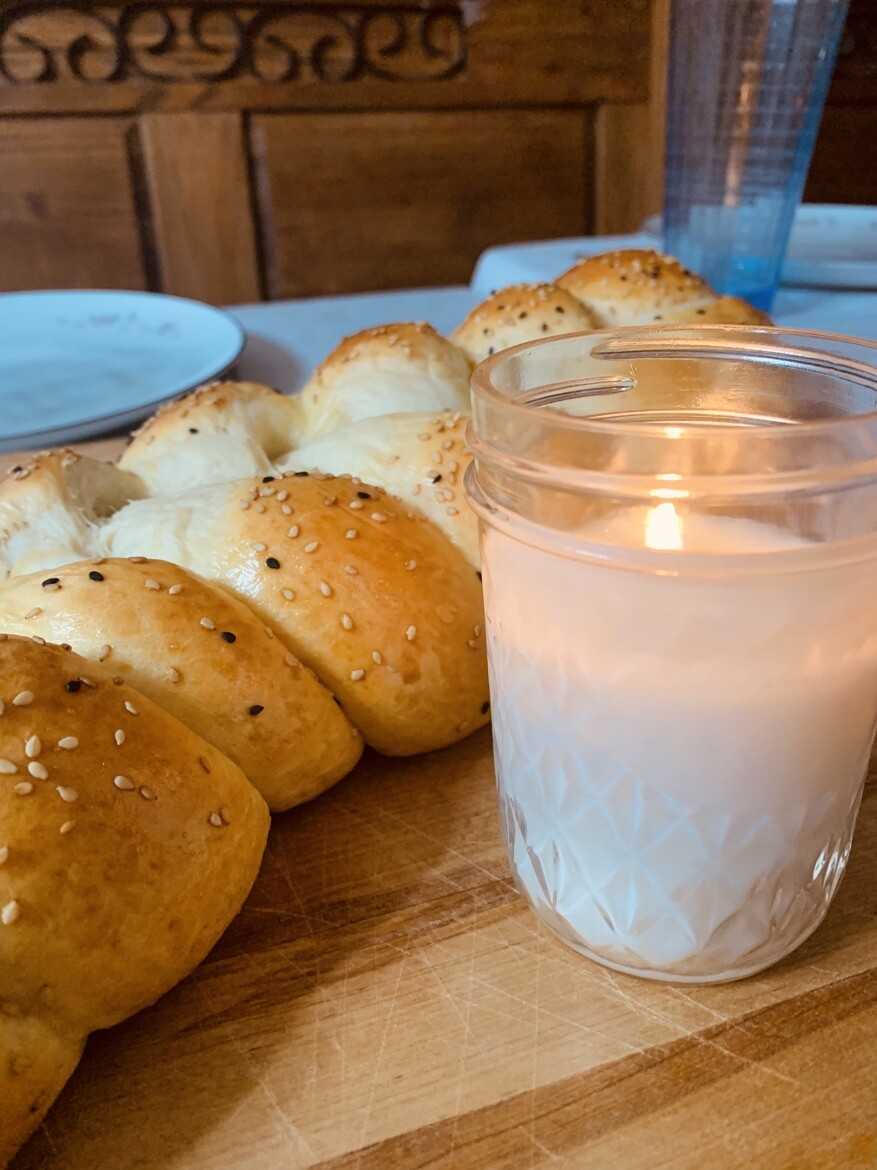Watch
Events
Articles
Market
More
Wow, it’s #sabbath already. Not like I’m complaining mind you. Have a great weekend everyone!
#shabbatshalom




Today 11/26/22 for those who would like a Torah based introduction to Spiritual Deliverance. It will only be a 2 hour long session. We have communion, praise and worship and Scripture readings. We will discuss the basics and go over the Generational Curses that affect us all. We recommend all full sessions (4-6hr long) be Private Sessions with selected experienced people and not a group setting. Anyone wanting a full session will need to contact me by message. My husband Garvin will be in attendance and available privately for those sensitive matters. We do work as a team, but for sensitive private matters are only addressed privately men to men and women to women.
TODAY: Stephanie and Garvin Shiflet will be doing a Deliverance Zoom this morning on this ZOOM MEETING LINK:
https://us06web.zoom.us/j/8288....6108644?pwd=NmFpMTcv
11am Eastern Standard Time
10am Central Standard Time
9am Mountain Standard Time
8am Pacific Standard Time


